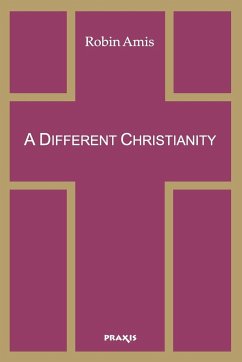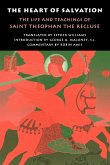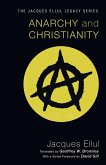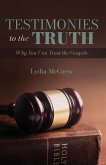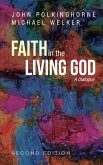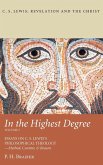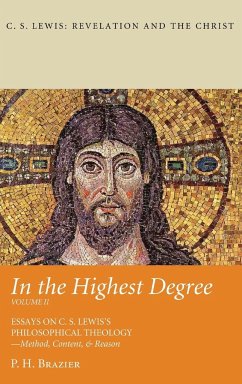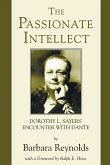This book presents the esoteric original core of Christianity, with its concern for illuminating and healing the inner life of the individual. It is a bridge to the often difficult doctrines of the early church fathers, explaining their spiritual psychology, which underlies the spirituality of the Greek church. The book helps to show links between that patristic spirituality and the present-day understandings of living monks and abbots on Mount Athos. A Different Christianity is useful to the practitioner, as well as to the scholar, providing new insights into the problems of studying and following the spiritual path outside a monastery. "The tradition is one," says Boris Mouravieff in his book Gnosis: Study and Commentaries on the Esoteric Tradition of Eastern Orthodoxy. And today, despite claims to the contrary, my observations have convinced me that this links with the fact that Christianity possesses and always has possessed an inner tradition: not a system, but what might be called a discipline. To those with sufficient experience in investigating this field, I believe that this book will convey the same conviction. In addition, I would add to the idea that the inner tradition is one-although with local variations-certain other observations about it: All the major religions of the world possess a complete tradition of inner knowledge (or a version of the one tradition), although it has only reached a small percentage of the most able individuals within that faith. Many or all of the great civilizations of the world are formed by the great faiths of the world. In each case of a civilization formed by one of the great faiths, the inner tradition is a fundamental element in the structure of the associated civilization. [from T. Nottingham's 2002 review:] "The process of awakening [to this inner knowledge] presented in A Different Christianity includes inner separation, the watch of the heart, metanoia, remembrance of God, magnetic center, self-observation, dispassion, and theosis (God-realization) and other foundational methods. Part of the discipline of the Royal Way (the inner tradition of the early Church) is to perceive without prejudgement, an effort that requires the development of transcendent self-control. This process is one that does not go against one's nature as happens with misguided asceticism but rather uncovers one's true nature." "A key idea in this teaching is Diakrisis (discrimination) which enables us to change our attitudes to ourselves and to detect influences acting upon our minds. 'Effective diakrisis is nothing more than clear psychological perception...given form by real knowledge of our human nature.' This implies the development of profound and brutally honest self-knowledge, a critical step to spiritual evolution. Here we find direct links between the ancient wisdom of the early Fathers of the desert and the contemporary teachings of Gurdjieff and Ouspensky, known as the Fourth Way, dealing with inner work on oneself. These efforts contribute to the goal of esotericism which Amis defines as 'inner autonomy of spirit.' " "One of the most important contributions of this work comes with the author's presentation of noetic prayer. This 'method' is at the heart of the Royal Way. But it little resembles what usually passes for prayer. 'Prayer as it progresses depends more on a relinquishing of control than on its intensification...Directed prayer involves what one can only call a kind of effortless effort'." "This book offers us the missing pieces that can revive a teaching of great power, which has the potential of revitalizing the spirituality of the Western world."
Hinweis: Dieser Artikel kann nur an eine deutsche Lieferadresse ausgeliefert werden.
Hinweis: Dieser Artikel kann nur an eine deutsche Lieferadresse ausgeliefert werden.

